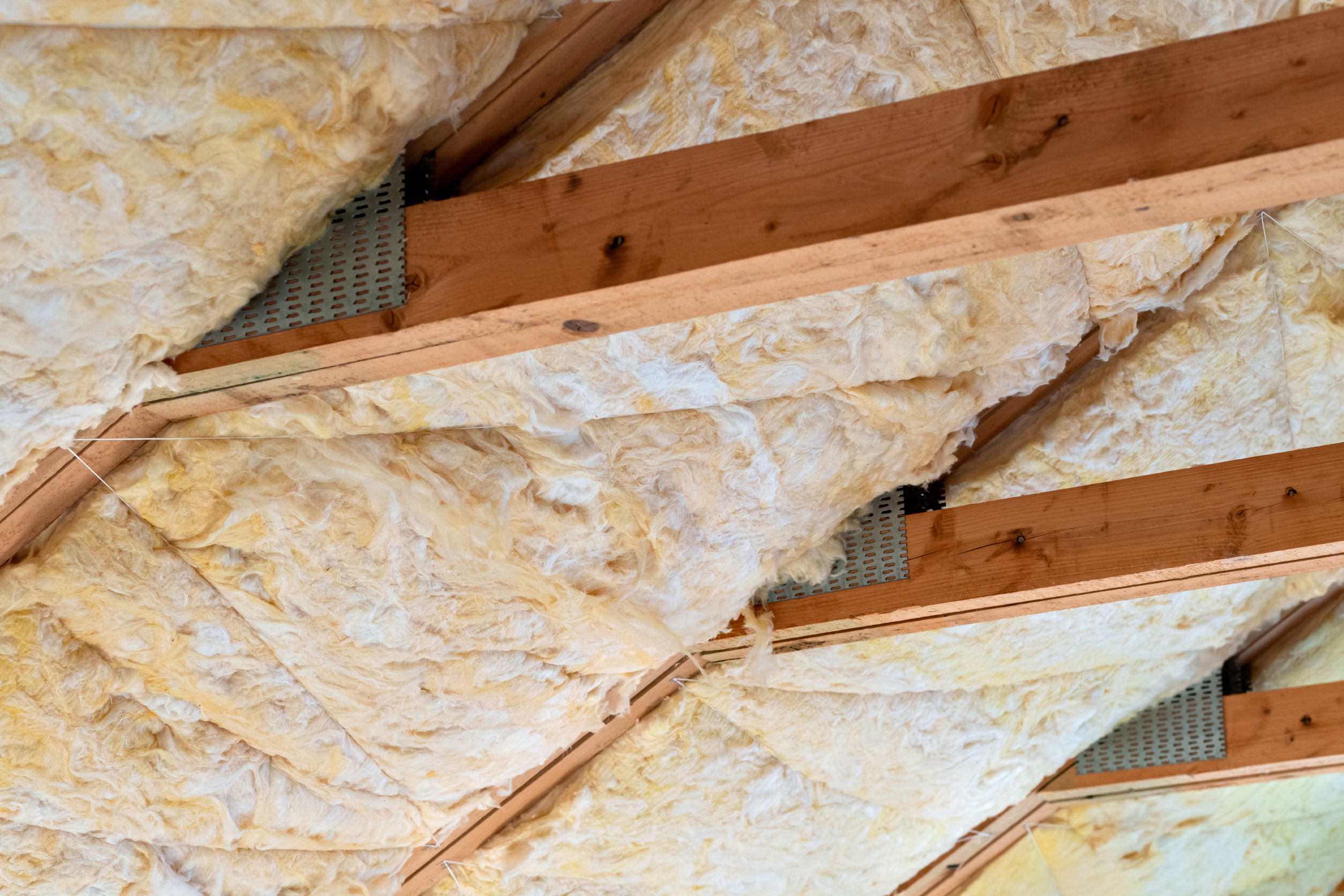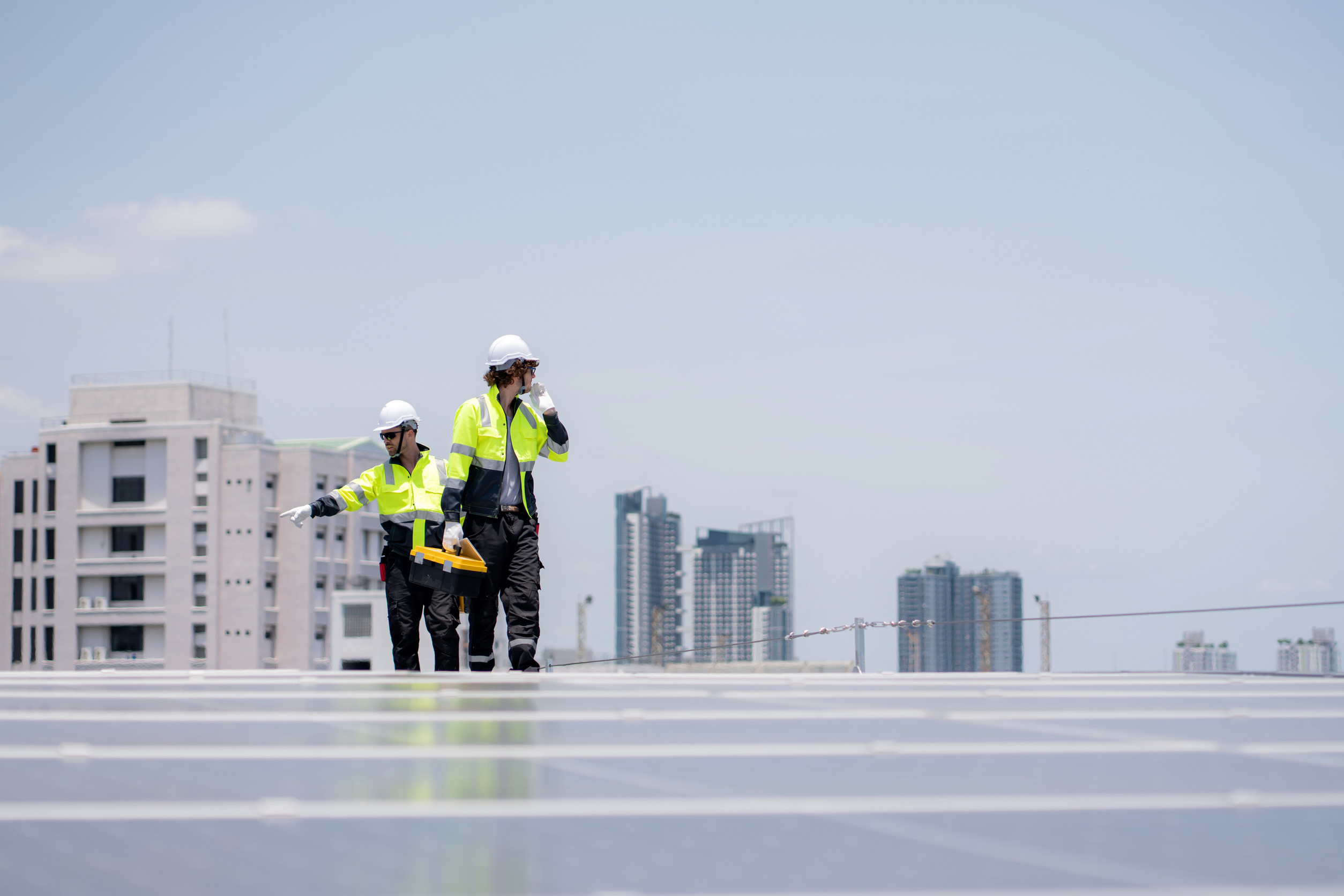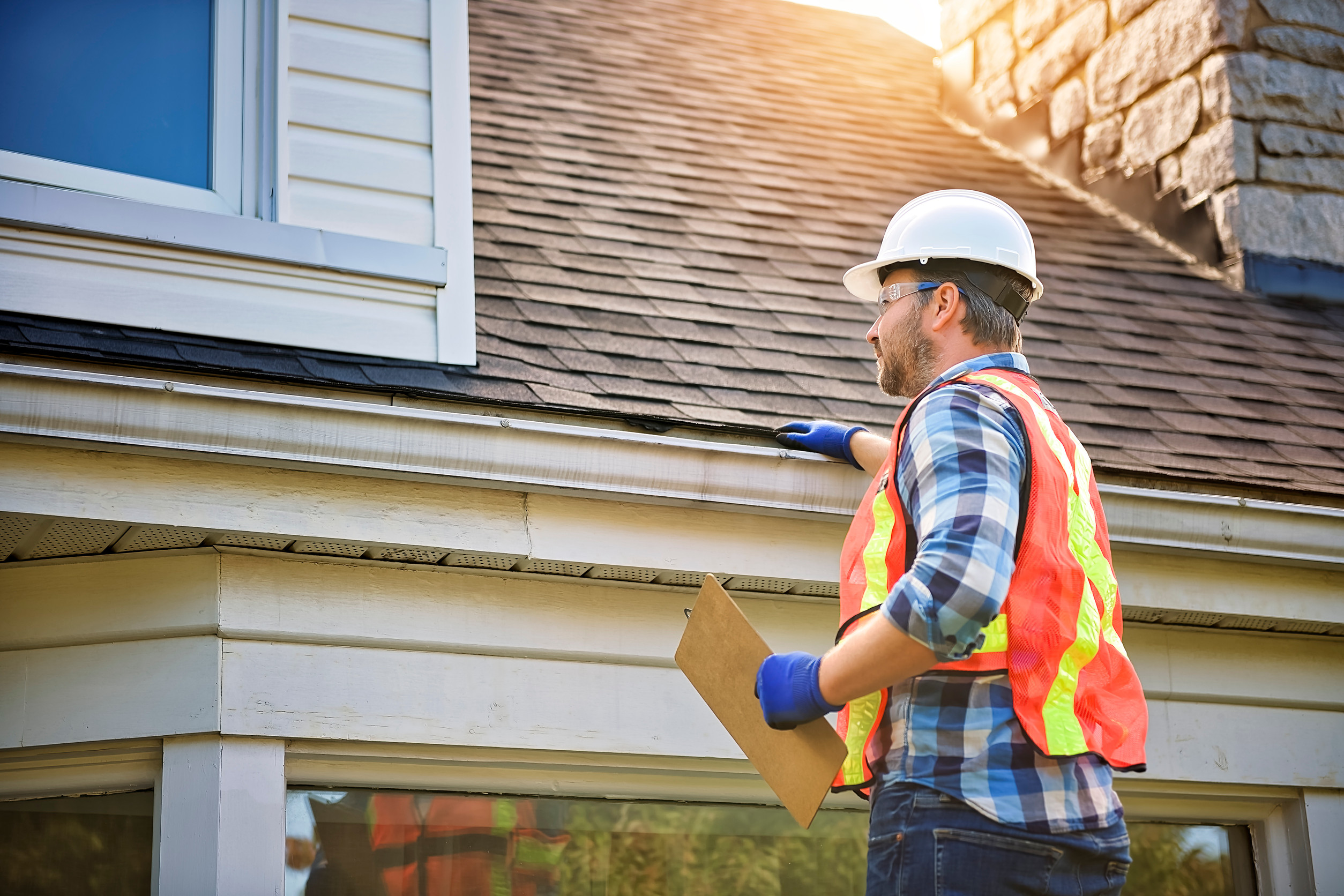Why Regular Roof Inspections Save You Money
When it comes to protecting your home, the roof is one of the most critical components. It shields your family from the elements, preserves energy efficiency, and adds structural integrity to the property. Despite its importance, many homeowners neglect their roof until a leak, storm damage, or visible problem forces immediate repairs. The reality is that regular roof inspections can save you thousands of dollars in the long run. By identifying issues early, extending the life of your roof, and preventing costly emergency repairs, inspections are one of the best investments you can make for your home.
In this article, we will break down the financial and practical benefits of roof inspections, explain what they involve, and show why partnering with trusted professionals like RC Roofing ensures your roof is always in excellent condition.
The Hidden Costs of Ignoring Roof Inspections
Many homeowners believe they are saving money by skipping inspections, but this approach often backfires. Small issues can go unnoticed and quickly turn into larger, more expensive repairs. For example:
- A minor leak that could have been patched for a few hundred dollars may lead to thousands of dollars in water damage.
- Missing shingles left unaddressed can expose underlayment and wood decking, resulting in rotting structures that require major restoration.
- Poor ventilation and unnoticed moisture buildup can lead to mold growth, which not only damages your roof but also threatens indoor air quality.
Ignoring routine inspections almost always leads to higher long-term expenses. In fact, insurance claims for water damage and structural deterioration are among the most common — and preventable — homeowner claims.
What Happens During a Roof Inspection?
A professional roof inspection goes beyond a simple visual check from the ground. At RC Roofing, inspections are thorough and cover multiple aspects of your roof’s health. Some of the common steps include:
- Exterior Inspection – Checking shingles, tiles, or metal panels for cracks, curling, missing pieces, or signs of wear.
- Flashing and Sealants – Ensuring areas around chimneys, skylights, and vents are properly sealed to prevent leaks.
- Gutters and Drainage – Examining gutters and downspouts for blockages that can cause water to pool on the roof.
- Structural Check – Looking for sagging areas or signs of damage in the decking or trusses.
- Ventilation and Insulation – Inspecting airflow to prevent heat buildup and moisture problems.
- Interior Assessment – Checking attics or ceilings for water stains, mold, or other signs of roof leaks.
By covering these areas, inspections provide a clear picture of your roof’s condition and allow homeowners to plan for maintenance or replacement before emergencies occur.
How Inspections Extend Roof Lifespan
A roof is a major investment, and most homeowners expect it to last 20 to 50 years depending on the material. However, lifespan can be significantly reduced if small issues are ignored. Regular inspections play a critical role in prolonging your roof’s durability.
- Early Problem Detection: Addressing cracked shingles or failing flashing immediately prevents widespread damage.
- Maintenance of Protective Coatings: Inspections identify when sealants or coatings need refreshing to keep the roof watertight.
- Improved Ventilation: Proper airflow ensures that heat and moisture do not deteriorate the roofing materials prematurely.
- Storm Damage Prevention: After severe weather, inspections catch hidden issues like hail dents or wind-lifted shingles that might otherwise shorten roof life.
With consistent care, your roof can reach or even exceed its expected lifespan, delaying the costly expense of a full replacement.
Financial Benefits of Regular Roof Inspections
Let’s break down exactly how roof inspections translate into cost savings:
1. Reduced Repair Costs
Routine inspections catch problems before they escalate. Repairing a few missing shingles costs far less than replacing water-damaged decking and insulation.
2. Lower Insurance Premiums
Insurance companies may offer better rates or honor claims more readily when you can prove your roof has been regularly maintained by a professional.
3. Energy Savings
A well-maintained roof improves insulation and ventilation, lowering heating and cooling bills. Inspections ensure your roof is energy efficient.
4. Increased Home Value
If you plan to sell your home, a documented history of regular roof inspections reassures buyers and increases property value.
5. Avoiding Emergency Expenses
Emergency roof repairs often cost more because of urgency, after-hours labor, and the need for immediate materials. Preventive inspections help avoid these costly surprises.
How Often Should Roof Inspections Be Done?
Industry experts recommend at least two inspections per year — once in the spring and once in the fall. This schedule ensures your roof is prepared for both summer heat and winter storms.
Additionally, you should schedule an inspection after:
- Severe thunderstorms with high winds or hail
- Heavy snowfall or ice accumulation
- Noticing interior leaks or water stains
- Purchasing a new home
Regular professional evaluations give you peace of mind and prevent minor issues from slipping through the cracks.
Why Professional Inspections Are Better Than DIY
Some homeowners attempt to inspect their roof themselves, but professional inspections offer clear advantages:
- Safety: Walking on roofs is dangerous without proper equipment and training.
- Expertise: Professionals know how to identify subtle signs of damage that an untrained eye might miss.
- Comprehensive Reporting: Roofing companies provide detailed reports with photos and recommendations.
- Warranty Protection: Many manufacturer warranties require proof of professional inspections and maintenance to remain valid.
Choosing experts like RC Roofing guarantees that inspections are done correctly and thoroughly.
Common Problems Found During Inspections
Here are some of the most frequent issues discovered during roof inspections, all of which can become expensive if ignored:
- Loose or missing shingles
- Cracked flashing around chimneys or vents
- Blocked or broken gutters
- Sagging rooflines from structural weakness
- Mold and mildew from poor ventilation
- Granule loss on asphalt shingles
- Water pooling in flat roof areas
Each of these problems can be addressed affordably when caught early but may spiral into costly repairs if left unattended.
Why Choose RC Roofing for Inspections in East Tennessee
For homeowners in East Tennessee, RC Roofing is a trusted choice for roof inspections and maintenance. Since 2004, the company has built a strong reputation for reliable service, attention to detail, and customer-first values.
- Local Knowledge: RC Roofing understands the unique weather patterns in the region, from heavy rains to seasonal storms.
- Comprehensive Services: Beyond inspections, the team offers roof repair, replacements, and gutter services.
- Commitment to Quality: Using top-grade materials and industry-best practices ensures long-lasting results.
- Customer-Centered Approach: Clear communication and transparency mean no surprises — just dependable service.
Choosing RC Roofing means your home is protected by experts who prioritize both performance and savings for their clients.
Conclusion: Save Money by Staying Proactive
Your roof is one of the most valuable investments in your home. Neglecting inspections may feel like saving money in the short term, but it nearly always leads to higher costs later. By scheduling regular roof inspections, you extend the life of your roof, reduce repair expenses, improve energy efficiency, and increase your property’s value.
Partnering with a trusted local contractor like RC Roofing ensures your roof is properly maintained and your home remains safe, comfortable, and financially secure.
Regular inspections are not just about protecting your roof — they are about protecting your wallet, your home, and your peace of mind.
Frequently Asked Questions (FAQ) About Roof Inspections
1. How often should I schedule a roof inspection?
It is recommended to have your roof inspected twice a year — once in the spring and once in the fall. You should also schedule an inspection after severe weather events like hail, strong winds, or heavy snow.
2. What do roof inspectors look for during an inspection?
Roof inspectors look for missing or damaged shingles, flashing issues, leaks, ventilation problems, gutter clogs, structural concerns, and signs of water intrusion or mold growth.
3. Can I do a roof inspection myself?
While you can visually check your roof from the ground, a professional inspection is much more thorough. Roofing experts are trained to identify subtle issues and can safely access all parts of the roof.
4. How much does a professional roof inspection cost?
The cost varies depending on roof size and location, but many professional roofing companies, including RC Roofing, offer affordable inspections — sometimes even complimentary when paired with repairs.
5. What are the most common problems found during roof inspections?
Common issues include missing shingles, cracked flashing, blocked gutters, granule loss on asphalt shingles, sagging areas, and small leaks that can lead to water damage.
6. Will a roof inspection extend the life of my roof?
Yes. Routine inspections and maintenance can add years to your roof’s lifespan by catching problems early and preventing premature deterioration.
7. Are roof inspections required for homeowners’ insurance?
Many insurance providers prefer or require proof of regular inspections and maintenance to honor claims, especially after storm damage.
8. How long does a typical roof inspection take?
Most inspections take 45 minutes to a few hours, depending on the size of the roof and the complexity of the issues found.
9. What should I do if my inspection report finds damage?
If damage is found, it is best to schedule repairs as soon as possible to prevent the issue from spreading. Companies like RC Roofing can provide repair recommendations and detailed cost estimates.
10. Can roof inspections help me sell my home?
Absolutely. A documented history of professional roof inspections reassures potential buyers, increases confidence in the home’s condition, and can raise property value.







